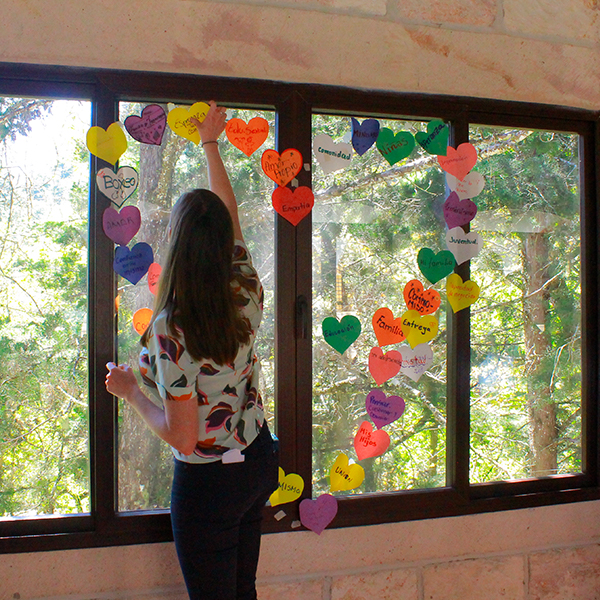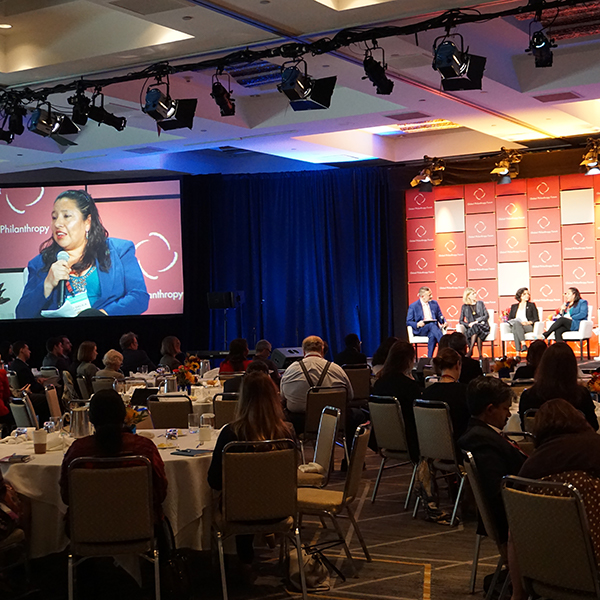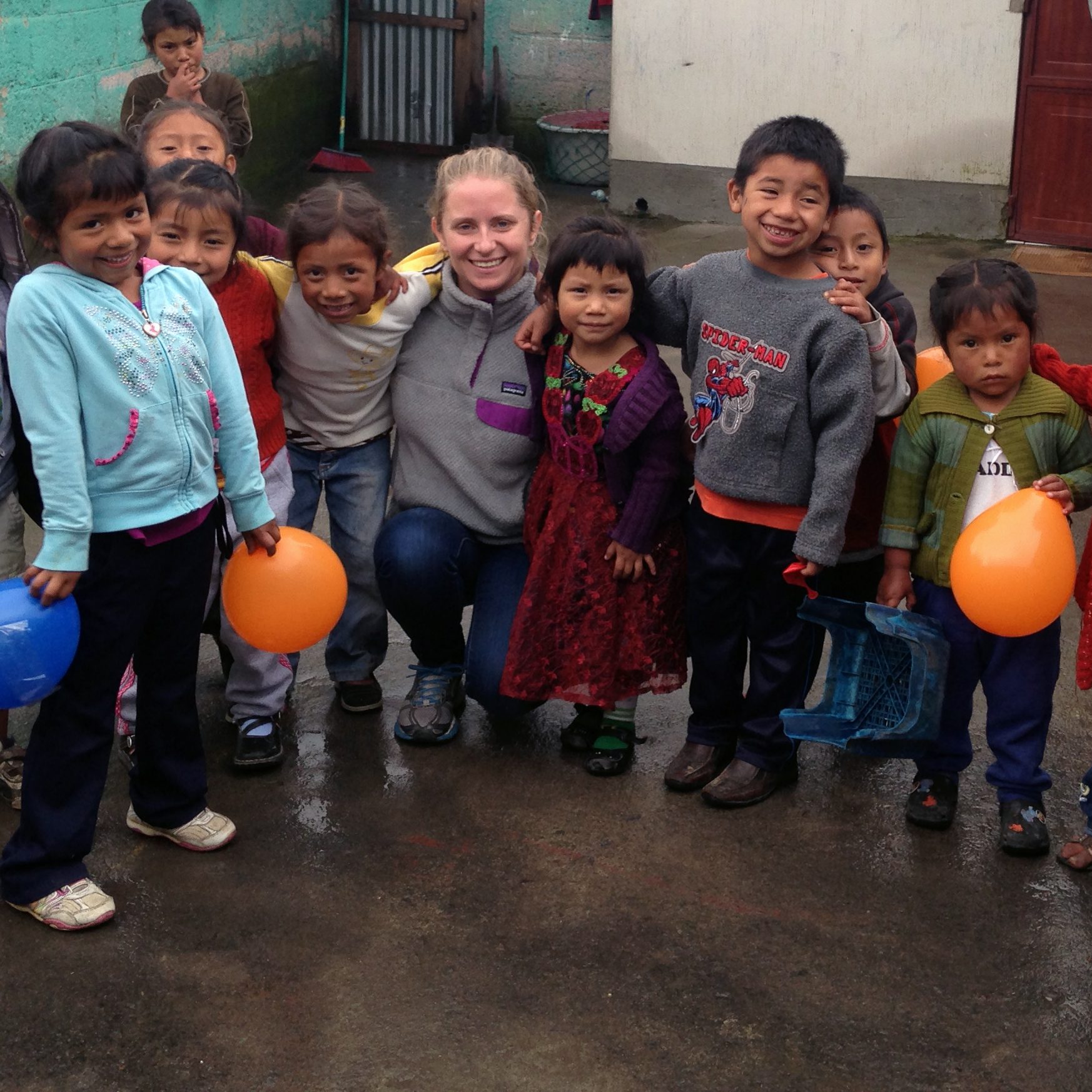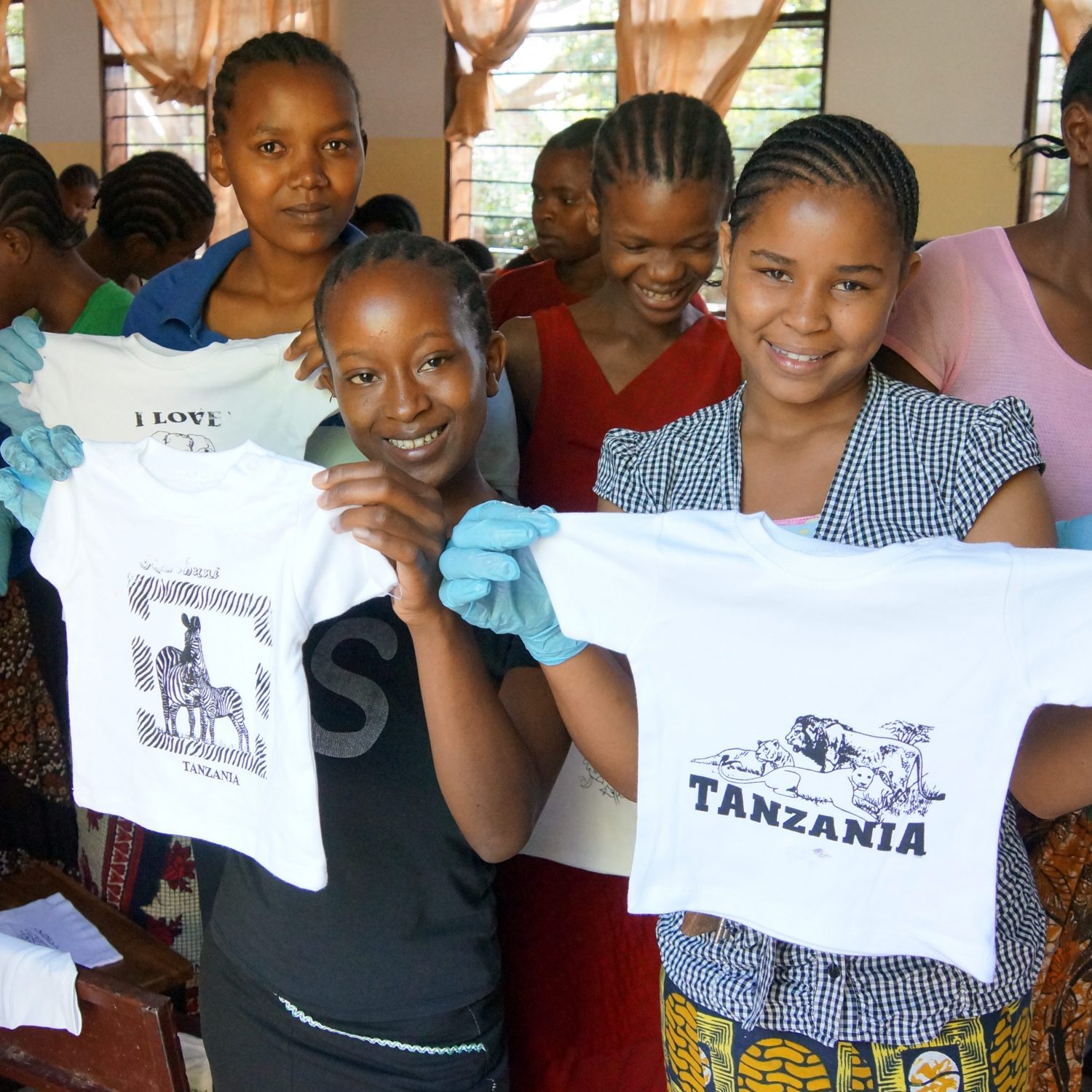Editors note: This blog is also available in Spanish.
For a girl growing up in Guatemala, what does empowerment look and feel like? During visits to Asociación Generando (ASOGEN) and Women’s Justice Initiative (WJI), two Guatemalan partners located in the western department of Chimaltenango who are a part of our Empowering Adolescent Girls Initiative, I chatted with some of their girl participants to find out.
“Don’t stay quiet – speak up!”
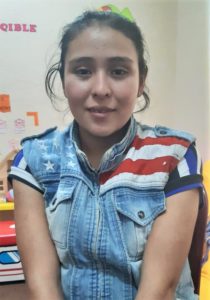
Orquídea, age 16, walked calmly into ASOGEN’s meeting room, located in the municipality of Chimaltenango, holding her 6-month-old daughter in her arms.
Though initially a bit shy, Orquídea had a calm, collected air about her. She first became involved with ASOGEN over a year ago when her case in the local Children and Adolescents’ Court (a specialized court in Guatemala that handles threats or violations to the rights of children and adolescents) ran into difficulties. ASOGEN supported Orquídea with psychosocial and legal counseling, and helped her transition into foster care with her uncle and aunt.
She has been participating with ASOGEN for a year and four months now, and through her involvement in therapy and workshops, she feels like a different person. She shared that before, she was impulsive; now, she weighs her options and thinks about risks before acting.
“I wasn’t able to say no,” she said. “Before, that only affected me, but now I have my daughter and other people to think about as well.”
Orquídea is studying during the weekends to complete her high school degree, and she is interested in pursuing a career in architecture or medicine. During the week, she focuses her attention on caring for her daughter and helping her aunt with household chores.
While Orquídea sometimes struggles to bond with and work alongside other girls, she is slowly gaining more confidence in herself and in others. By participating in ASOGEN’s workshops on self-esteem, gender, equal rights, human relations, and leadership, she is slowly breaking out of her shell and strengthening her communication and teamwork skills. She wants other girls to know the importance of thinking before they act.
Her message is, “Be independent. Don’t stay quiet – speak up!”
“Knowledge will keep us safe”
Thirteen girls ages 10-13 form a circle while listening to Sandra Cocon’s instructions in Kaqchikel. As Program Assistant for WJI, Sandra is responsible for implementing the Adolescent Girls Program in several communities in Patzún, Chimaltenango, including Aldea El Cojobal. The program works to prevent early and forced marriage by improving the girls’ knowledge of their rights – especially their right to education – transforming local norms that condone child marriage, and ensuring parents and community leaders take action to delay early marriage.
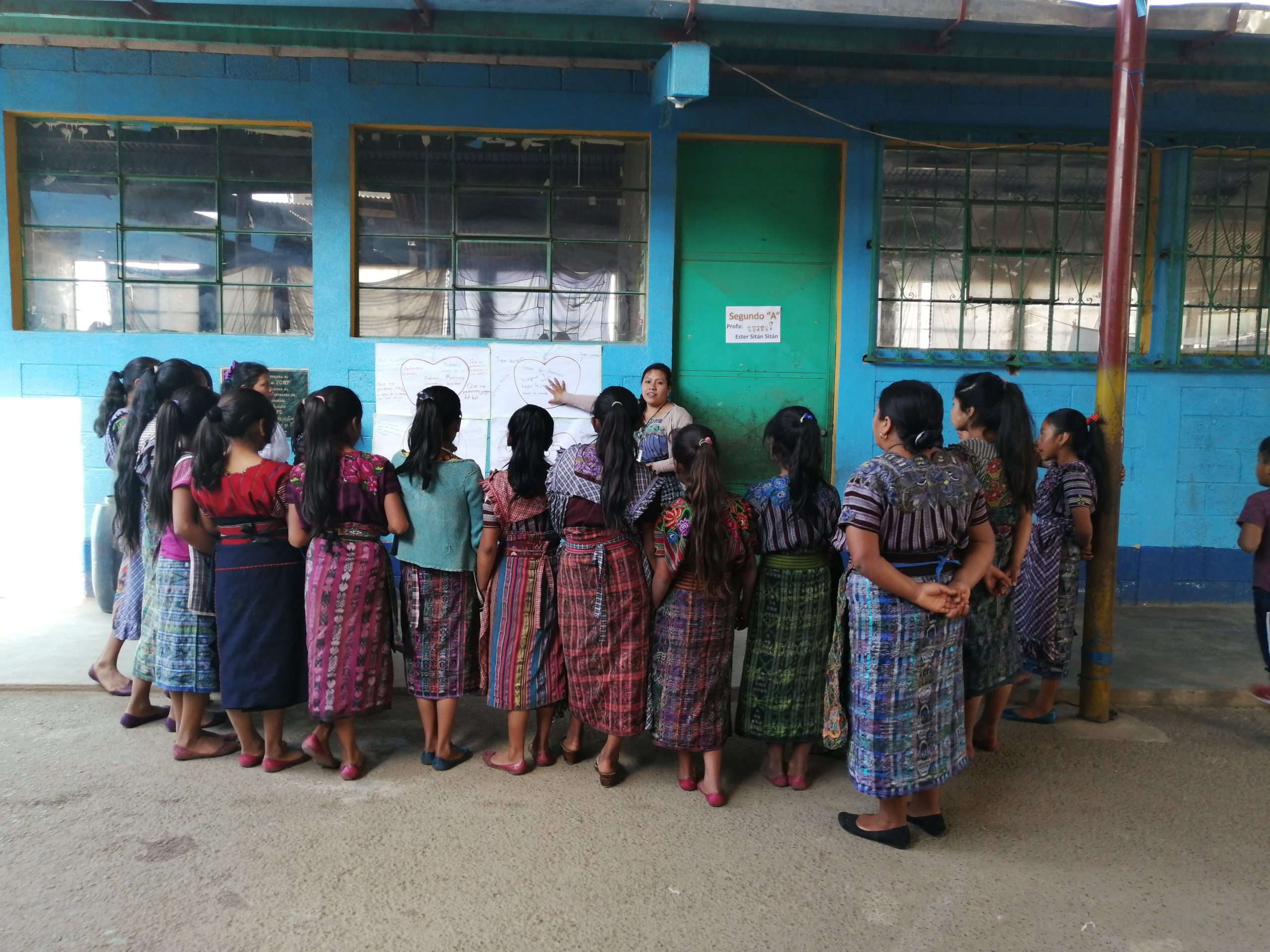
In this particular session that WJI invited me to join, the girls discussed the obstacles they face around gendered expectations and how to use assertive communication to advocate for their rights and needs.
During the session, the girls revealed that what they like most about the WJI-facilitated activities is that they are able to see each other and forge friendships. According to WJI, by age 15, 60% of rural indigenous girls drop out of school, mostly due to harmful cultural beliefs that it is not worth investing in girls’ education. Many indigenous girls thus become isolated in their homes, and rarely have access to peer support networks or positive female role models.
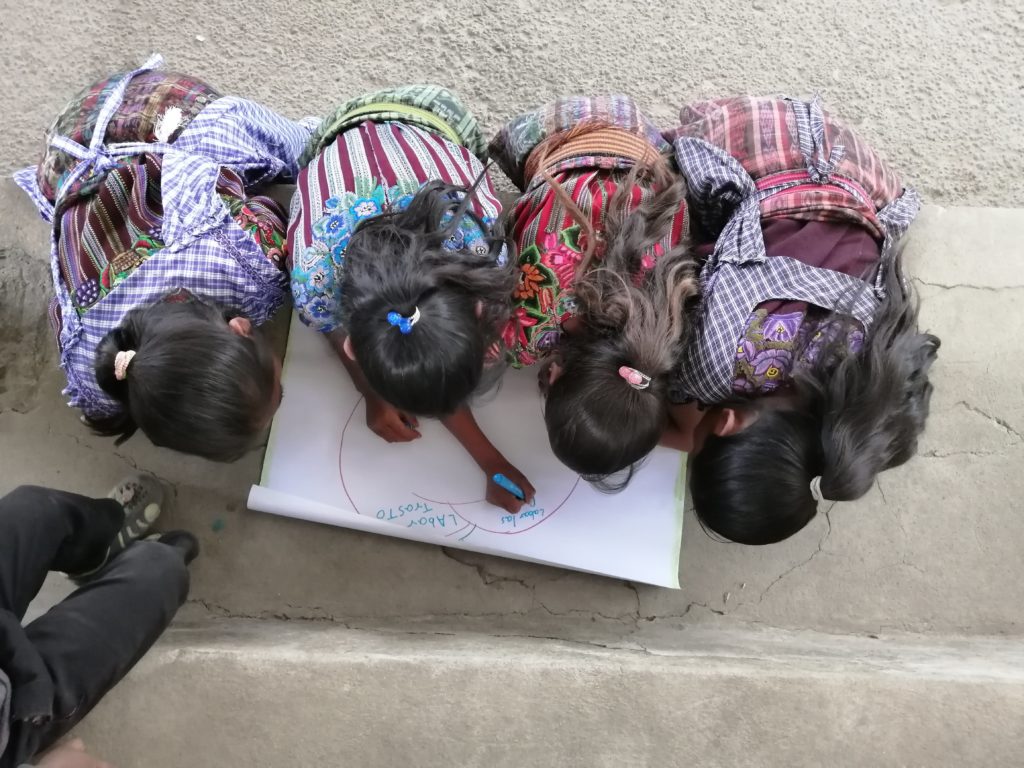
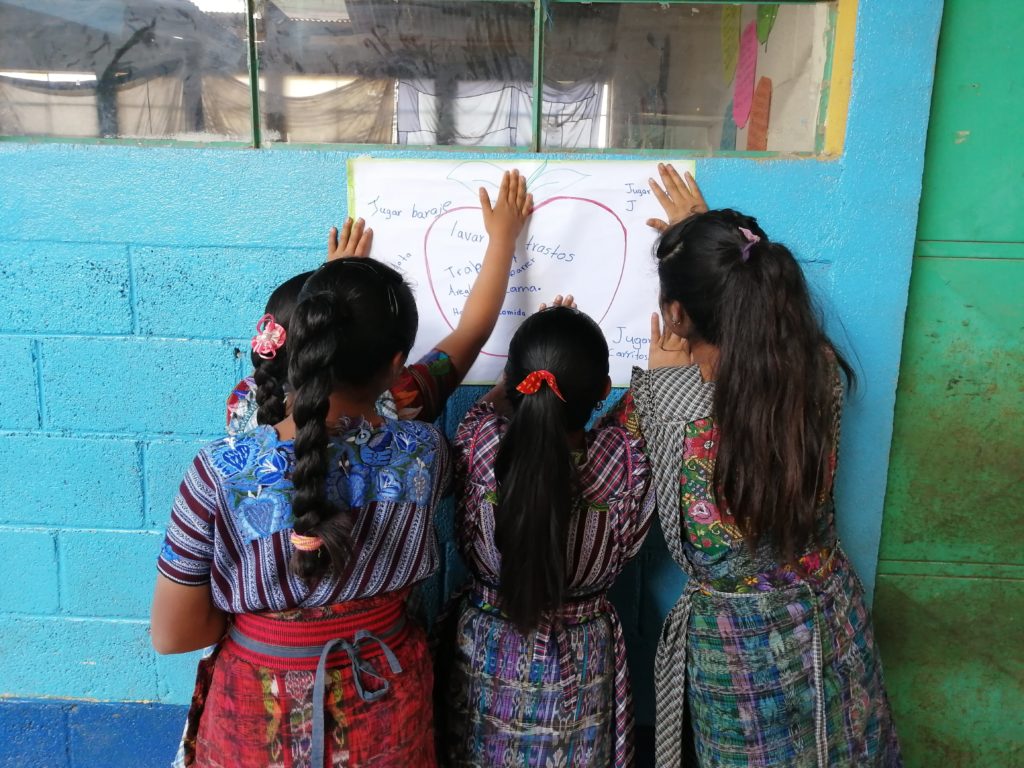
“Before, these girls wouldn’t even talk to each other,” Sandra said. “Now, they are happy to see each other, they giggle together, they work together in groups. The difference from just a few months ago when we started with them is resounding.”
The girls also indicated that they like learning about communication, gender equity, self-esteem, and human rights. When asked why they think it is important to learn and chat about these subjects, the girls responded with confidence: “Because when we are older, the knowledge we are gaining will keep us safe, and we will be able to share it with our children and peers.”
